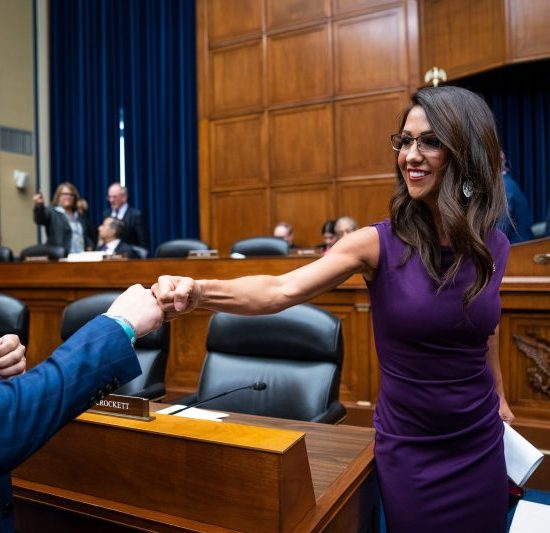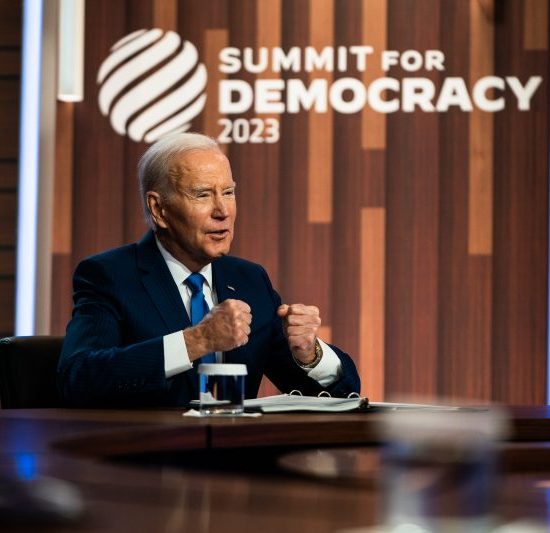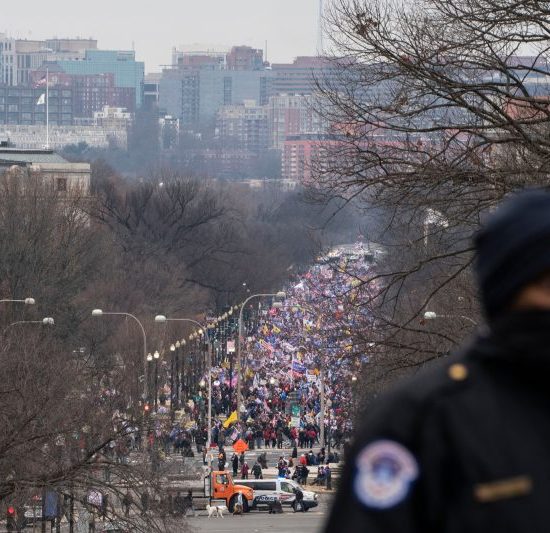In the days since President Biden’s inauguration, one of the most pressing foreign policy issues has been the decision of the Biden Administration to resist calls for an immediate ceasefire in the Israeli-Palestinian conflict. Though the decision has been largely praised by many in the US and in the international community, it has also been met with pushback from youth and student groups who are eager for a permanent solution to the conflict and criticize the lack of urgency in achieving one.
The Biden administration’s decision not to immediately call for a ceasefire is not surprising, considering the Biden’s long-standing support of Israel and its policies. However, this rigid stance runs the risk of alienating young voters, a key base for the Democrats, that sees a ceasefire as a necessary first step in resolving the conflict. For many young people, Israel has been accused of violating international law and using excessive force, which is why, as the next generation of US voters, they support an immediate ceasefire.
Moreover, the current situation has opened up a new and unpredictable dynamic between youth voters and the Biden administration. Unlike older generations of voters who are used to voting along party lines, younger generations have become increasingly independent, especially when it comes to foreign policy issues. This means that the Biden administration’s decision could have a real impact on how young voters view the Democrats going into the 2024 election.
Young people are also more likely to pay attention to international issues and foreign policy issues, and prioritize human rights issues over political posturing. This means that they could be less likely to forgive a party that is resistant to an immediate ceasefire. A recent Gallup poll found that millennials and Gen Zers were the most likely group of Americans to prioritize well-being and human rights, and the least likely to prioritize economic goals. Given the tight relationship between the Israeli-Palestinian conflict and human rights causes, Biden’s refusal to call for a ceasefire could be a major blow to his support among young voters.
Overall, it is clear that the Biden administration’s current stance on the Israeli-Palestinian conflict has the potential to greatly affect young voters in the 2024 election. Party support among young voters is increasingly unpredictable, so Biden could well find himself in a situation where he has alienated a key voter base due to his resistance to a ceasefire. It remains to be seen if Biden will heed this warning, but there is no doubt that his administration’s stance could have serious implications for the 2021 presidential election.





